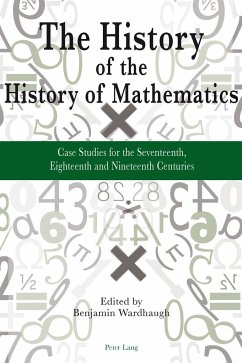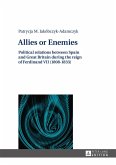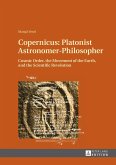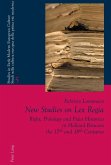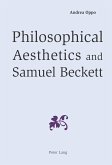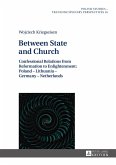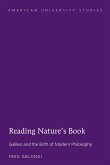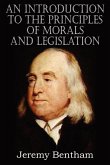The writing of mathematical histories has a long history, one which has seldom received scholarly attention. Mathematical history, and mathematical biography, raise distinctive issues of method and approach to which different periods have responded in different ways. At a time of increasing interest in the history of mathematics, this book attempts to show something of the trajectory that history has taken in the past. It presents seven case studies illustrating the different ways that mathematical histories have been written since the seventeenth century, ranging from the 'historia' of John Wallis to the recent re-presentation of Thomas Harriot's manuscripts online. It considers both the ways that individual reputations and biographies have been shaped differently in different circumstances, and the ways that the discipline of mathematics has itself been variously presented through the writing of its history.
«Benjamin Wardhaugh's collection of case studies ranging over two centuries does a fine job of bringing to life this complex history. It also, implicitly, suggests a way forward at a time of renewed interest in the field: to overcome the insularity that has caused one leading member to refer to it as a 'ghetto discipline' the field must once again make itself relevant to studies of human life and culture.» (Amir Alexander, Metascience 05/2013)

